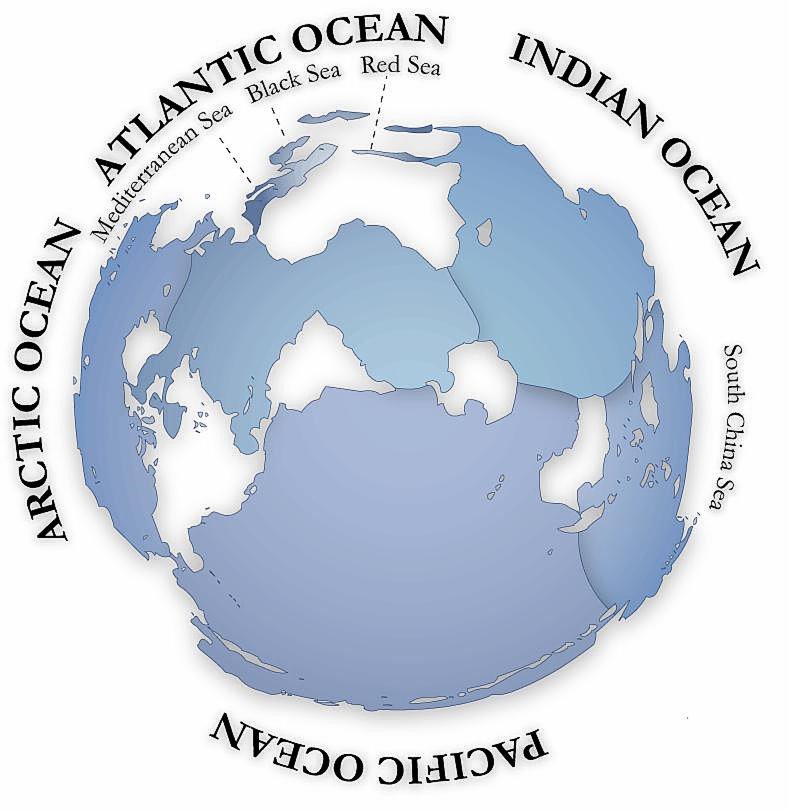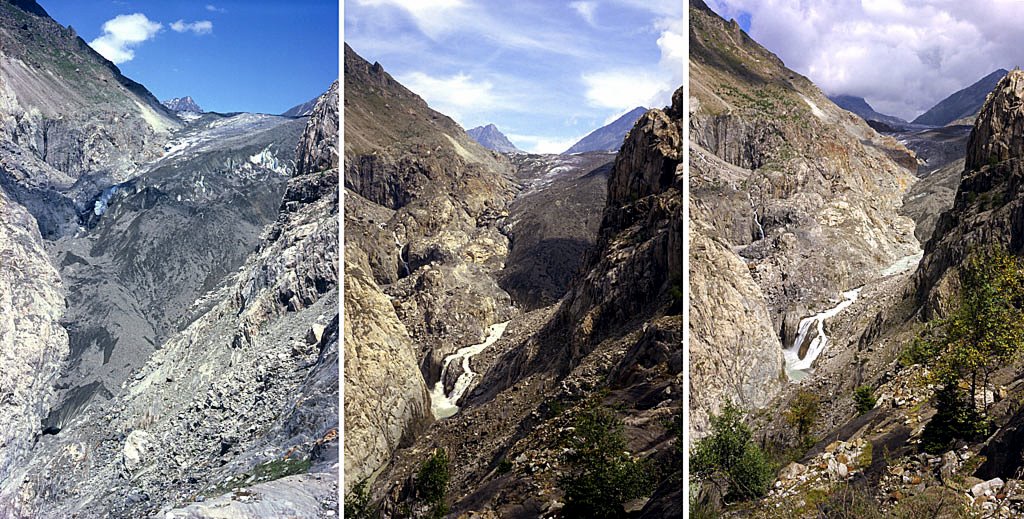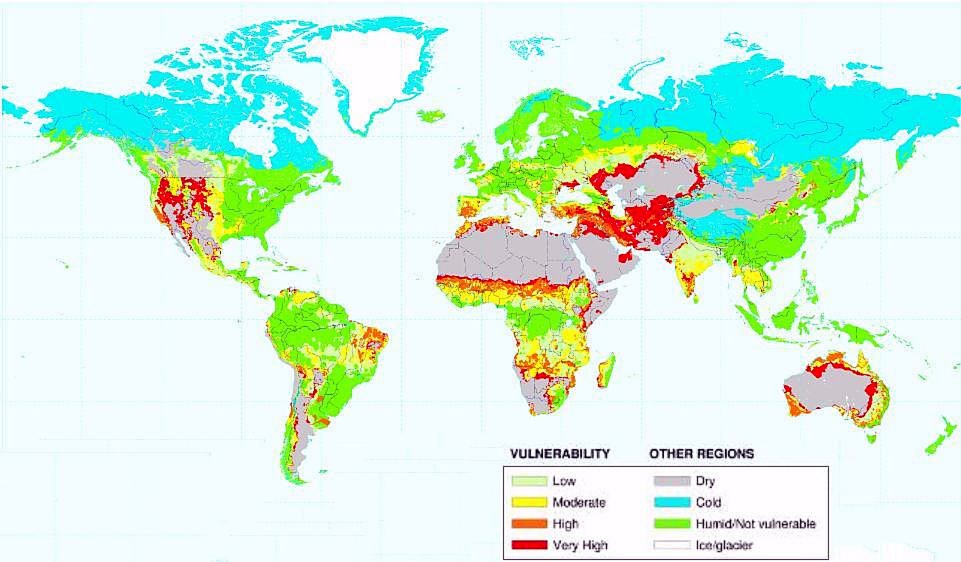Islam and Ecology: Toward Retrieval and Reconstruction
S. Nomanul Haq
A consideration of the question of Islam and ecology ought to begin with one fundamental observation of a historical kind: in the construction of what we call the modern world, Islam has had only an indirect role to play. To be sure, one cannot possibly imagine, nor meaningfully speak of, the phenomenon generally known as the scientific revolution, or that which we refer to as the Renaissance, without keeping in view the formidable intellectual influence of Islam on Latin Christendom. But this legacy was appropriated—and here we see the complexities and ironies of the historical process—in ways that often were alien to the world of Islam itself. The reception in both the Islamic and Christian worlds of the work of the towering giant Alhazen (Ibn al-Haytham, d. 1038), or that of the great Avicenna (Ibn Sīnā, d. 1037), constitutes a case in point. Alhazen, who revolutionized the field of optics, was ignored in the Islamic world even as he became a central scientific figure in the West. Avicenna, an outstanding philosopher and physician, was the medical authority in Europe well into the early seventeenth century; but his system was developed on highly abstract mystical-spiritual lines in Islam, where he was often seen more as a “Visionary Reciter”1 than a Hellenized rational thinker. Indeed, it is the Latin career of these figures that endured in the modern world, not the elaboration of their thought by latter-day Muslims.
Read more...
History of Wisdom In Nature and Islamic Environmentalism in the UK
by Muzammal Hussain, Founder of WIN
Before the Paradigm Shift
In the 1990’s, I came across very few Muslim in the UK, who seemed to value the need to consciously take care of the earth. What few I did, were always surprised that there were others. “I thought I was the only one” became a mantra that I began to hear frequently. As one of a few Muslims who gave the occasional talk on Islamic ecology, and who was involved with local group activism in Brighton, I reflected on the possibility of starting local Islamic ecology groups in the UK as a way to join up those that had a sense of this ethic with others who also did.
The Birth of LINE (London Islamic Network for the Environment)
In early 2004, I used an Islamic environmental elist I had developed over the years (later called Ecobites) as a vehicle to publicise my intention to form a network in London, which is where I felt there would be greatest potential, even though I was then living in Brighton. The first meeting of just three people took place on January 10th 2004 in my parents home, and with sustained effort the group became established. Eight months later on September 5th 2004, this new group decided on an official name: the London Islamic Network for the Environment, or LINE.
The group held open monthly forums in central London with an inclusive circle format, reflecting on a range of themes; from Qur‘ anic reflections to ‘Green Economics’; from Peace activism to biofuels; from Forum Theatre to Modern Social movements; from Palestine to Food & farming… and more! We sometimes had speakers, and on each occasion drew on the wisdom in the room to stimulate reflection and dialogue. We also delivered numerous talks and workshops to a wide cross section of society and mobilised the muslim Community to take action.
More on these early days is on this audio interview.
Read more...
Islam and Ecology: A Bestowed Trust
Inviting Balanced Stewardship
Frederick M. Denny
University of Colorado
Introduction
The Qur’an, Islam’s primary authority in all matters of individual and communal life, as well as theology and worship, tells of an offer of global trusteeship that was presented by God to the Heavens, the Earth, and the Mountains (Sura 33:72), but they refused to shoulder the responsibility out of fear. Humankind seized the opportunity and bore the “trust” (amana), but they were “unjust and very ignorant.” Even so, God through mercy has guided and enabled humankind in bearing the responsibility of the amana, although they have in the process also been subjected to punishment for their hypocrisy and unbelief. The Qur’an, however, is clear that God is the ultimate holder of dominion over the creation (e.g., Sura 2:107, 5:120), and that all things return to Him (Sura 24:42) and are thus accountable each in their own ways. There is, in the Qur’an and in the teachings and example of the Prophet Muhammad, preserved in a literary form known as Hadith, much with which to construct an authentic Islamic environmental ethic that both sustains what Muslims have achieved traditionally in this direction and leaves open a wide avenue for creative and innovative solutions in the contemporary context.
With respect to humankind’s stewardship of the earth, the privilege entails a profound responsibility. Other living species are also considered by the Qur’an to be “peoples or communities” (ummas; Sura 6:38). The creation itself, in all its myriad diversity and complexity, may be thought of as a vast universe of “signs” of God’s power, wisdom, beneficence, and majesty. The whole creation praises God by its very being (Sura 59:24; compare with 64:1).
“With Him are the keys (to the treasures) of the Unseen that no one knows but He. He knows whatever there is on the earth and in the sea. Not a leaf falls but with His knowledge: there is not a grain in the earth’s shadows, not a thing, freshly green or withered, but it is (inscribed) in a clear record” (Sura 6:59).
Read more...
1000 Years Amnesia: Environment Tradition in Muslim Heritage
In a seminar organised by the Oxford Centre of Islamic Studies in 11 January 2005, aimed at brain-storming the topic of Islam and the Environment, Professor Al-Hassani presented a short overview on the environment issue in Islam as seen from its sources and from history of Muslim practice over a 1000 years of planning and management of natural resources. The following article expands on earlier lectures and contributions made by Professor Al-Hassani including his participation in the conference "Islam and the Environment: Muslim 7 Year Action Plan to deal with Climate Change" held in Istanbul 6-7 July 2009.
Table of contents
1. Introduction
2. Central Concepts, General Principles and Guidelines
2.1 Central Concepts
2.2 General Principles and Guidelines
3. Examples from History
3.1 Environment Design in Sinan's Architecture
3.2 Wind Catchers and Wind Towers
4. Environment Issues in the Islamic Medical Writings
4.1 Early contributions by Al- Kindī and Qustā ibn Lūqā (9th-10th cent.)
4.2 Al-Rāzī, Ibn al-Jazzār and Al-Tamīmī (9th-10th cent.)
4.3 Abū Sahl al-Masīḥī and Ibn Sīnā (10th-11th centuries)
4.4 Alī ibn Ridhwān, Ibn Jumay' and Ya'qūb al-Isrā'īlī (11th-12th cent.)
4.5 Al-Baghdādī, Ibn al-Quff and Ibn al-Nafīs (12th-13th cent.)
5. Islam and Integrated Development
5.1 Conceptual Framework
5.2 Islamic Conception of Welfare
5.3 Care for Animals as Flagship of the Islamic Respect to Creation
6. The Muslim Seven Year Action Plan (M7YAP) on Climate Change
6.1 Istanbul Conference and Declaration
6.2 Istanbul Declaration
7. Acknowledgements
8. References and further reading
8.1 Articles on MuslimHeritage.com
8.2 Links related to Istanbul conference and declaration
8.3 General references and further resources
8.4 References

Figure 1: World map of seas and oceans. A continuous body of water encircles the Earth covering 71% of the Earth's surface and divided into a number of principal areas: Pacific, Atlantic, Indian, Arctic, and Southern
1. Introduction
Although the Muslims today are becoming increasingly part of the new world order, which believes in economic growth as the vehicle to human happiness, they were previously a leading example in constructing environmentally and ecologically friendly societies which were guided by principles and ethics totally different from those adopted by the present industrialised world. The dangerous problems of overpopulation in concentrated areas and the resulting increasing consumption and waste accumulation, water (both soft and sea water) pollution, destruction of other species including micro-organisms, which are an essential part of the life cycle, change of the chemistry of the atmosphere with its associated problems of global warming and the insatiable appetite of technology to dominate social and economic order, with its consequent demand for energy and material, are the most apparent features of the crisis of environment and the economic model that governs world affairs today. Increasing are issues of great importance to human existence and warrant the utmost attention by all the citizens of the world.
 |
|
Figure 2: The retreat of Aletsch Glacier in the Swiss Alps (situation in 1979, 1991 and 2002), due to global warming. Photograph in the public domain.
|
In this context, all cultures and communities are concerned. Consequently, uncovering the 1000 years of Muslims response to environment will serve to give a good example to present day Muslims to derive lessons from their successful past so that they may contribute positively with the rest of the world in its struggle to handle this titanic problem, which besets humanity. It will also enlighten non-Muslims - particularly those in Europe and America - on the position of Islam –as religion, culture and civilisation- on environment, and thus will generate a positive response and create a better image of Islam and Muslims and perhaps triggering process of common areas of interest and collaboration.
 |
|
Figure 3: World map showing desertification vulnerability. (Source)
|
Before highlighting the missing history of environment in Islam, it is appropriate to examine some conceptual aspects and follow them by a review of the principles and guidelines, which produced the environmental friendliness attitude of Muslim societies in the past.
Read more...
|
|



 Religion and Ecology
Religion and Ecology







